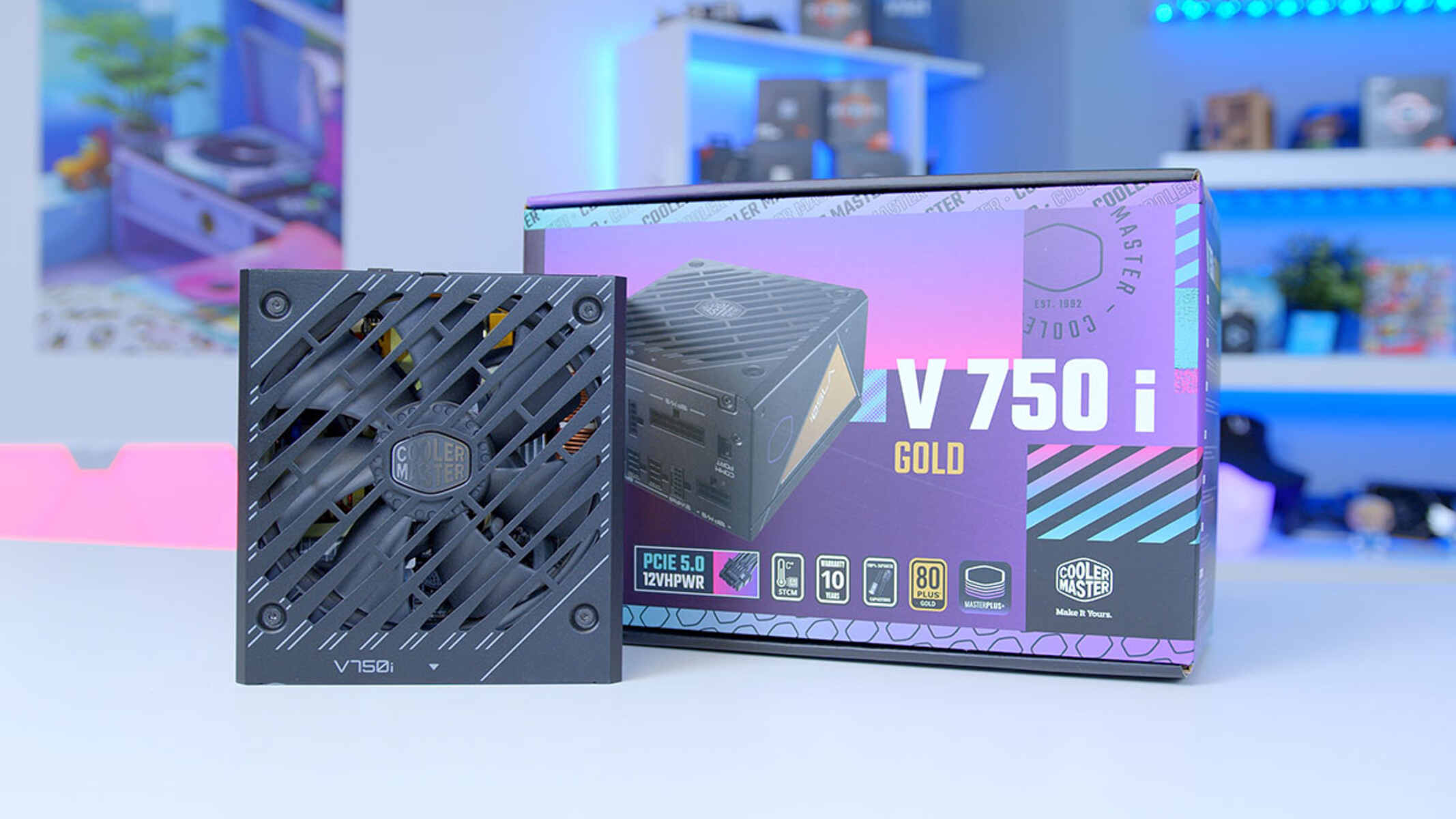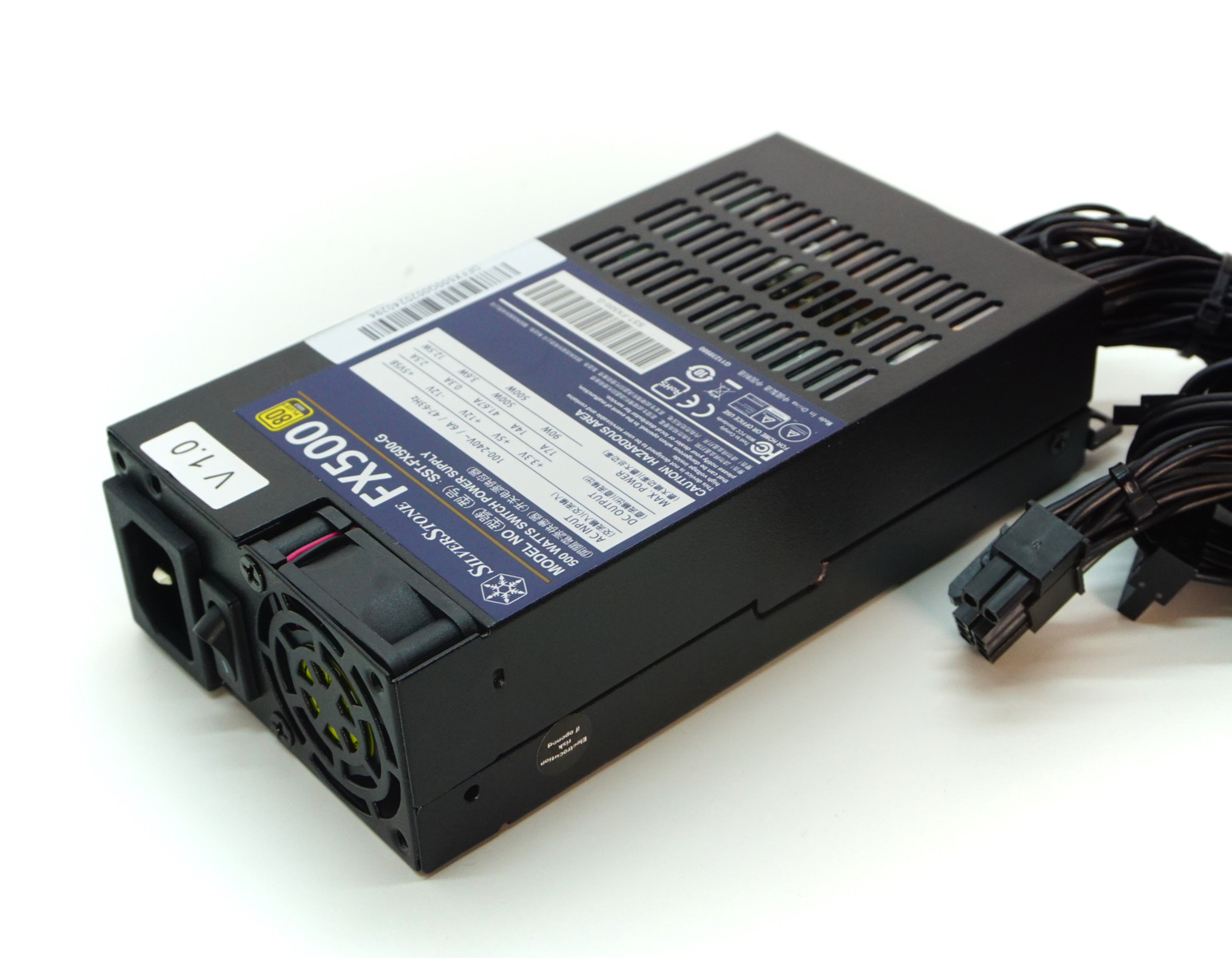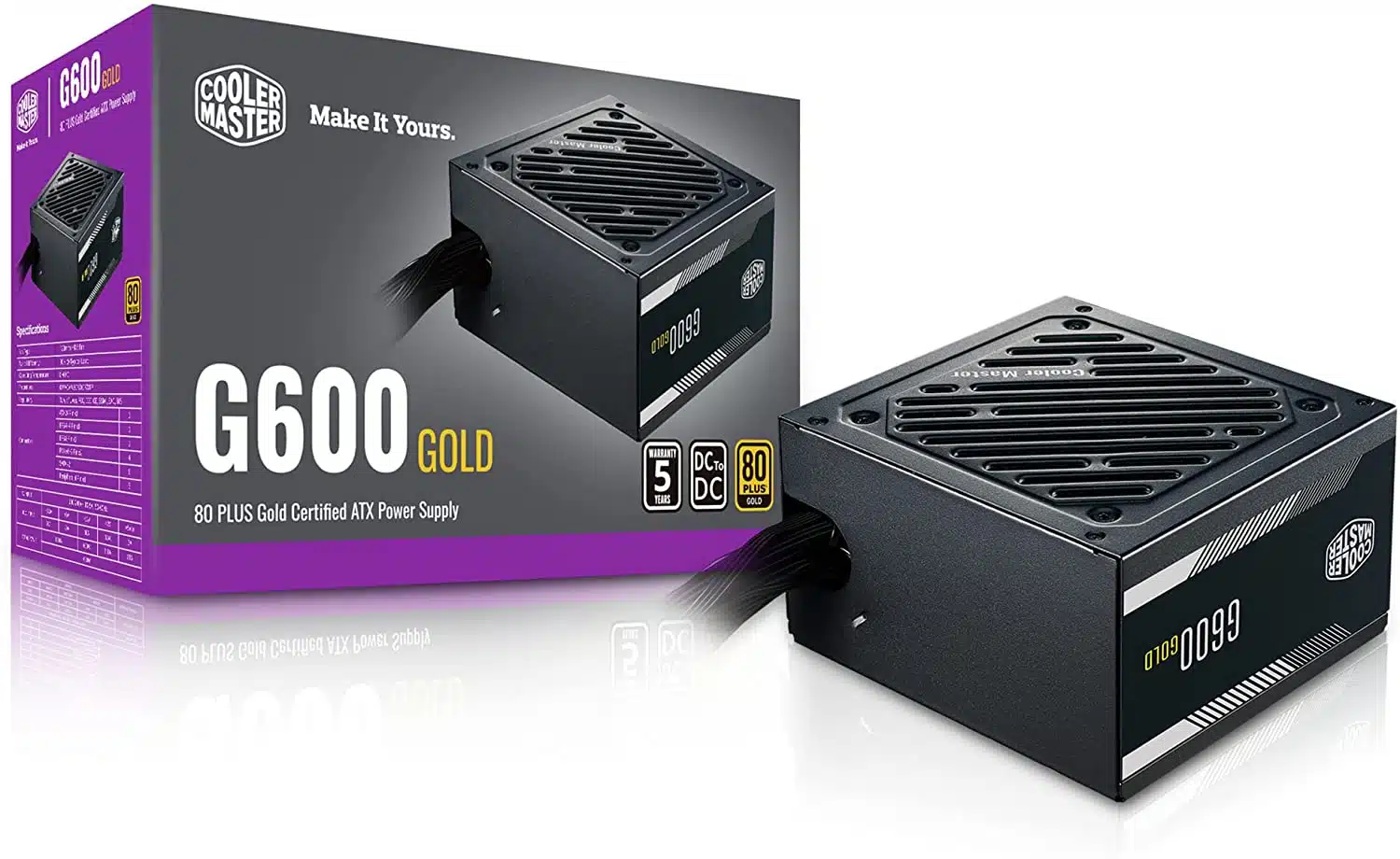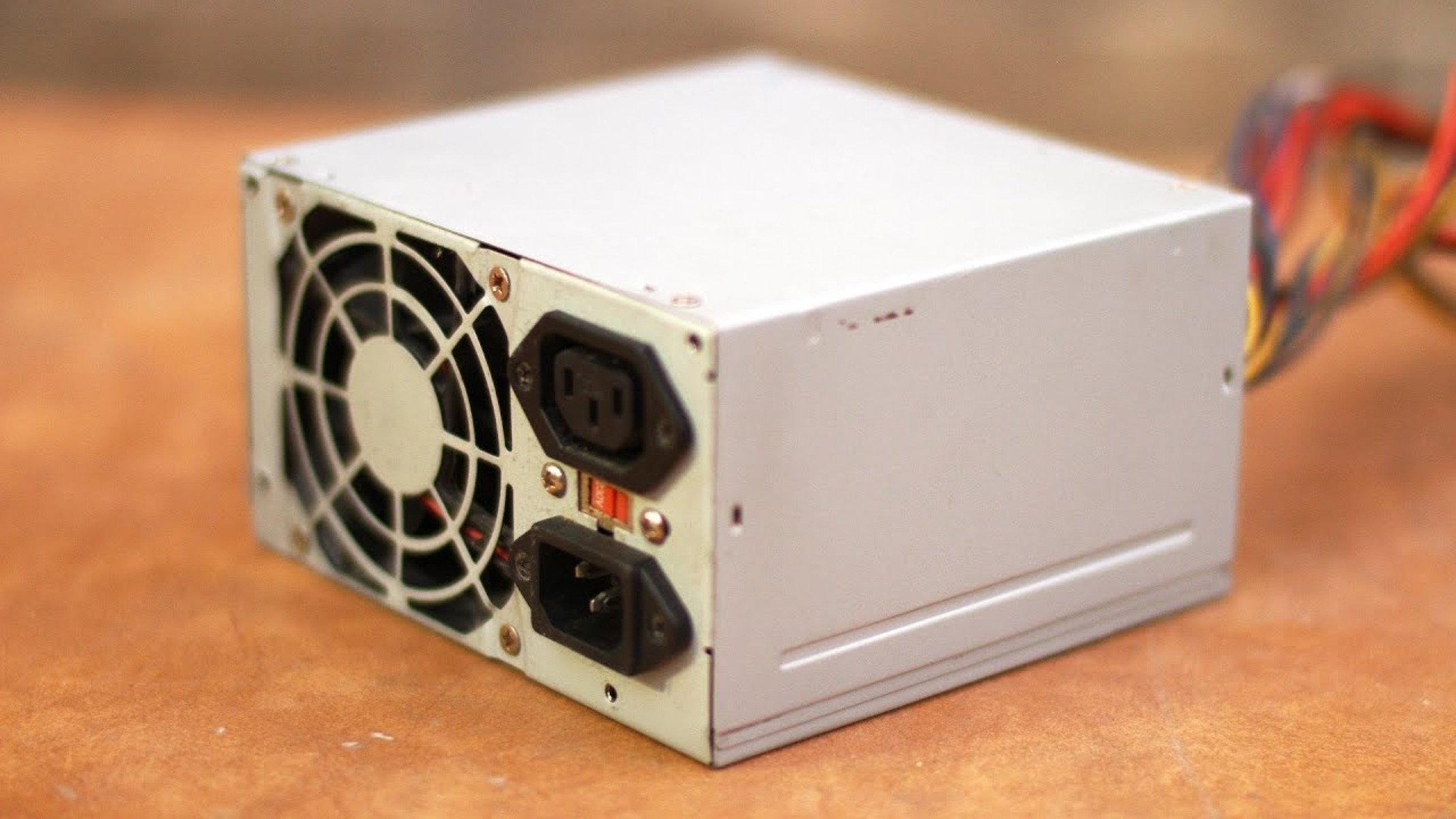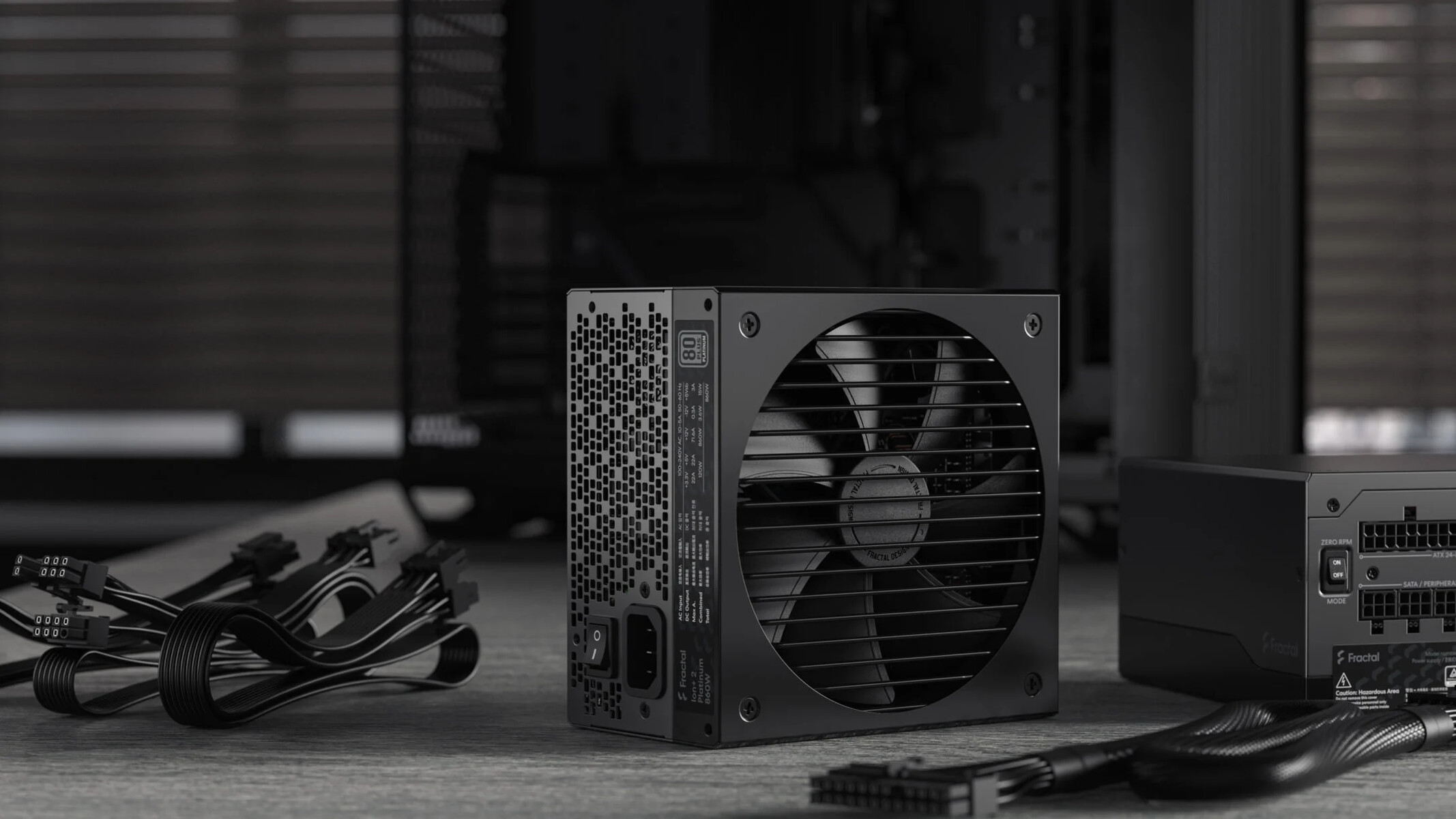Introduction
Welcome to this informative article that aims to shed light on what a 550 Watt power supply unit (PSU) is capable of handling. As technology continues to advance and our reliance on electronic devices grows, it becomes essential to understand the power requirements of our systems.
Before we delve into the specific capabilities of a 550 Watt PSU, let’s first clarify what a PSU is and why it plays a crucial role in our electronic setups.
A power supply unit, or PSU, is a device that converts the alternating current (AC) power from your wall outlet to direct current (DC) power that your electronic devices can use. It provides a stable power source to ensure your devices operate efficiently and safeguard them from power fluctuations.
To fully grasp the capabilities of a 550 Watt PSU, it is necessary to have a basic understanding of power consumption. Power consumption refers to the amount of electrical power used by a device or system, usually measured in watts (W).
While it’s important to consider the power rating of your PSU, it is equally essential to assess the power requirements of the components in your system. Different components, such as the CPU, GPU, hard drives, and peripherals, have varying power consumption needs. Understanding how these components operate together is key to determining if a 550 Watt PSU is sufficient for your system.
Now that we have laid the groundwork, let’s explore what a 550 Watt PSU is capable of handling. We will dive into different scenarios, such as gaming systems, high-performance workstations, home theater PCs, and upgrading components, to provide you with a comprehensive understanding of the capabilities of a 550 Watt PSU.
What is a PSU?
A power supply unit, commonly known as a PSU, is an essential component in any electronic device setup. Its main purpose is to convert the alternating current (AC) power from your wall outlet into direct current (DC) power that your devices can use.
PSUs come in different wattage ratings, indicating the maximum power they can deliver to the system. These ratings can vary from as low as 300 Watts to over 1000 Watts, depending on the specific needs of the system.
Aside from converting power, a PSU also plays a crucial role in regulating and providing a stable power source to the components in your system. This stability ensures smooth operation and prevents damage to sensitive electronic components from power fluctuations.
PSUs typically have multiple outputs to provide power to various components in the system. The most common outputs are for the motherboard, graphics card, hard drives, and peripherals such as USB devices.
When choosing a PSU for your system, it is important to consider not only the wattage rating but also other factors such as efficiency, reliability, and modularity. Higher-rated PSUs tend to be more efficient, meaning they waste less power during the conversion process. This efficiency results in less heat generation and lower energy costs in the long run.
Modularity is another factor to consider when selecting a PSU. Modular PSUs allow you to connect only the cables you need, reducing cable clutter inside your system and improving airflow.
Overall, the PSU is a critical component in any electronic setup, providing the necessary power for your devices to function properly. It ensures stable, regulated power delivery and protects your components from potential damage due to power fluctuations.
Understanding Power Consumption
Power consumption refers to the amount of electrical power utilized by a device or system. It is crucial to have a basic understanding of power consumption to determine the appropriate size and capacity of a power supply unit (PSU) for your setup.
Power consumption is typically measured in watts (W). Every electronic component in your system has a specific power requirement, and when combined, they determine the overall power consumption of your system. Components such as the CPU, GPU, motherboard, RAM, hard drives, and peripherals all contribute to the overall power consumption.
It is important to note that different components have varying power requirements. For example, a high-end graphics card typically requires more power than a basic one. Similarly, a high-performance CPU with multiple cores will consume more power than a less powerful one.
When selecting a PSU, it is crucial to ensure that its wattage rating can comfortably handle the power requirements of your system. It is recommended to have a PSU with a wattage rating that exceeds the estimated power consumption of your system to allow for headroom and future upgrades.
One common misconception is that a higher-wattage PSU will always consume more electricity. However, this is not the case. PSU efficiency plays a significant role in the power consumption. Higher-rated and more efficient PSUs waste less power during the conversion process from AC to DC, leading to lower power consumption overall.
Factors that can affect power consumption include the load on the system, the tasks performed, and the level of resource-intensive activities such as gaming or video editing. It is important to consider these factors when estimating power consumption and choosing the appropriate PSU.
There are also methods to measure and assess the power consumption of your system. You can utilize power monitoring tools or devices that measure the energy consumption of individual components. These tools provide valuable insights into power usage and can help optimize your system for efficiency.
By understanding power consumption and accurately assessing the power requirements of your system, you can ensure that you select a PSU that is capable of delivering the necessary power while remaining energy-efficient.
What is a 550 Watt PSU capable of?
A 550 Watt power supply unit (PSU) is a versatile option that can handle a wide range of electronic setups. While it may not be the highest wattage available, it is still capable of powering most mainstream systems efficiently.
A 550 Watt PSU is suitable for a variety of scenarios, such as gaming systems, high-performance workstations, home theater PCs, and general-purpose desktops. Let’s explore each of these scenarios to understand the capabilities of a 550 Watt PSU.
When it comes to gaming systems, a 550 Watt PSU can handle most mid-range configurations. It can power a processor with moderate power consumption, a mid-range graphics card, a few storage drives, and multiple peripherals. However, if you plan on using a high-end graphics card or multiple GPUs in SLI/Crossfire configuration, you may need to consider a higher-wattage PSU to cater to the increased power demands.
For high-performance workstations used for tasks such as video editing, 3D rendering, or graphic design, a 550 Watt PSU can still be suitable. These systems often feature powerful CPUs, high-end graphics cards, and multiple storage drives. However, it is essential to carefully consider the power requirements of each component in your workstation to ensure that a 550 Watt PSU can handle the load without any issues.
Home theater PCs, or HTPCs, are compact systems used for media streaming, movie playback, and light gaming. A 550 Watt PSU can easily power these setups, which typically include a low-power CPU or an integrated GPU, a small form factor motherboard, and a few storage drives. The efficiency of a 550 Watt PSU also contributes to keeping energy costs down in these setups.
If you are planning to upgrade components in your existing system, a 550 Watt PSU can be versatile enough to handle most upgrades. Whether it’s a new graphics card, additional storage drives, or more power-hungry peripherals, a 550 Watt PSU can provide sufficient power for these enhancements.
Overall, a 550 Watt PSU is capable of handling common electronic setups and can power a range of systems, from gaming PCs to high-performance workstations and home theater setups. However, it is crucial to consider the power requirements of your specific components and estimate the overall power consumption to ensure that a 550 Watt PSU is sufficient for your needs.
Gaming Systems and a 550 Watt PSU
Gaming systems often require robust power supplies to handle the high power demands of modern components. While a 550 Watt power supply unit (PSU) may not be the highest wattage option available, it can still adequately power many gaming setups.
A 550 Watt PSU can easily handle mid-range gaming systems. These systems typically feature a moderately powered CPU, a mid-range graphics card, a few storage drives, and multiple peripherals. For such configurations, a 550 Watt PSU provides sufficient power without any issues.
However, it is important to consider the specific power requirements of your components. Gaming PCs with high-end graphics cards or multiple GPUs in SLI/Crossfire configuration may require a higher-wattage PSU to accommodate the increased power demands. Additionally, overclocking your CPU or GPU can significantly increase power consumption, so it’s important to take these factors into account when determining if a 550 Watt PSU is suitable for your gaming system.
When choosing a PSU for your gaming system, it is also vital to consider the efficiency of the PSU. Higher-rated PSUs tend to be more efficient, meaning they waste less power during the conversion process from alternating current (AC) to direct current (DC). This not only saves energy but also reduces heat generation, leading to a more stable and cooler system.
Another aspect to consider when opting for a 550 Watt PSU for your gaming system is potential future upgrades. If you plan on upgrading your graphics card, adding more storage drives, or incorporating power-hungry peripherals, it is essential to ensure that the 550 Watt PSU can handle the additional power requirements. It’s always a good idea to leave some headroom in terms of power capacity when planning for future upgrades.
In summary, a 550 Watt PSU is suitable for mid-range gaming systems and can provide sufficient power for the majority of gaming setups. However, it is crucial to consider the specific power requirements of your components, potential overclocking, and future upgrade plans to determine if a 550 Watt PSU is the right choice for your gaming system.
High-performance Workstations and a 550 Watt PSU
High-performance workstations are used for demanding tasks such as video editing, 3D rendering, and graphic design. These systems often house powerful CPUs, high-end graphics cards, multiple storage drives, and extensive memory configurations. When it comes to powering these workstations, a 550 Watt power supply unit (PSU) may raise some questions.
A 550 Watt PSU can still be suitable for many high-performance workstations, but it highly depends on the specific power requirements of the components in your setup. It is important to carefully consider the power consumption of each individual component, including the CPU, graphics card, motherboard, memory modules, and storage drives.
Modern CPUs and high-end graphics cards are known to be power-hungry, so selecting an appropriate PSU is essential. While a 550 Watt PSU can handle most high-performance CPUs and graphics cards available, it is crucial to check the manufacturer’s specifications and recommendations for power requirements. It’s also important to note that higher-wattage PSUs tend to have higher efficiency ratings, meaning they waste less power during the conversion process from alternating current (AC) to direct current (DC), resulting in a more energy-efficient system.
One advantage of high-performance workstations is that they usually have multiple options for power connections. This allows for spreading the power load across different connectors and reduces the strain on each individual connection. It is advisable to distribute the power consumption evenly among the available connectors to ensure stable power delivery and prevent any potential overload situations.
Furthermore, if you have plans to overclock your CPU or graphics card to squeeze out additional performance, it is crucial to account for the increased power requirements. Overclocking can significantly increase power consumption, so a higher-wattage PSU may be necessary to handle the added load.
Ultimately, when considering a 550 Watt PSU for a high-performance workstation, it is essential to thoroughly research and understand the power requirements of your specific components. Checking the manufacturer’s recommendations, assessing potential overclocking needs, and leaving some headroom for future upgrades are crucial steps to ensure that the 550 Watt PSU is sufficient to power your high-performance workstation effectively.
Home theater PCs and a 550 Watt PSU
Home theater PCs (HTPCs) are compact systems designed for media streaming, movie playback, and light gaming. These systems require a power supply unit (PSU) that can handle their specific power requirements, and a 550 Watt PSU can be a suitable choice for most HTPC setups.
A 550 Watt PSU provides sufficient power to support the components typically found in an HTPC, which usually include a low-power CPU or an integrated GPU, a small form factor motherboard, and a few storage drives. These components consume relatively low power, allowing a 550 Watt PSU to comfortably power the system without any issues.
In addition to the power requirements, the efficiency rating of the PSU is worth considering for an HTPC. Higher-rated PSUs are generally more efficient, meaning they waste less power during the conversion process from alternating current (AC) to direct current (DC). This results in increased energy efficiency and reduced energy costs over time.
One advantage of using a 550 Watt PSU for an HTPC is that it allows for potential future upgrades without the need for replacing the power supply. While HTPCs usually do not require extensive power, having the headroom to accommodate additional components or peripherals, such as a dedicated graphics card or extra storage drives, can be beneficial.
Furthermore, HTPCs often operate in living room environments where noise levels are a concern. Choosing a reputable brand PSU with high-quality components can ensure a quiet and efficient operation, as well as minimize unwanted noise in your home theater setup.
Overall, a 550 Watt PSU can be a reliable choice for most HTPCs. Whether you are enjoying media streaming, watching movies, or engaging in light gaming, a 550 Watt PSU can provide sufficient power to meet the needs of your home theater system. Just remember to ensure that the PSU is from a reputable brand, has a high efficiency rating, and provides the necessary power connections for your specific components.
Upgrading Components with a 550 Watt PSU
As technology advances and new components become available, you may find the need to upgrade certain parts of your computer setup. When considering upgrades, it’s important to ensure that your power supply unit (PSU) can handle the increased power requirements. A 550 Watt PSU can often provide enough power to accommodate various component upgrades.
When upgrading components such as the CPU, graphics card, or adding more storage drives, it’s essential to assess the power requirements of these new components. Manufacturers usually provide power consumption specifications for their products, allowing you to determine if a 550 Watt PSU is sufficient.
A 550 Watt PSU is typically suitable for mid-range upgrades. It can handle moderate power CPUs, mid-range graphics cards, and additional storage drives without any issues. However, it’s crucial to consider the specific power requirements of the components you plan to upgrade.
Graphics card upgrades are a common scenario where power consumption becomes a consideration. High-end graphics cards often have higher power requirements than their predecessors. It’s important to check the recommended power supply wattage specified by the graphics card manufacturer and compare it to the capabilities of your 550 Watt PSU.
Furthermore, if you’re planning to overclock your components, such as the CPU or graphics card, it’s important to account for the increased power consumption. Overclocking typically requires higher voltage settings, which can significantly increase the power demands. In this case, a higher-wattage PSU may be necessary to provide stable power delivery.
One advantage of a 550 Watt PSU when upgrading components is that it allows for some headroom for future upgrades as well. While considering the power requirements of the components you plan to upgrade, it’s worth considering whether your PSU can handle any potential future additions or enhancements to your system.
When upgrading components, it’s also important to ensure that your 550 Watt PSU has the necessary power connectors to accommodate the new components. Different components may require different power connectors, so it’s important to check compatibility before proceeding with the upgrades.
In summary, a 550 Watt PSU can often handle component upgrades for mid-range systems. It’s crucial to accurately determine the power requirements of the components you plan to upgrade and consider any potential future additions. By doing so, you can ensure that your 550 Watt PSU is capable of handling the increased power demands while providing stable and efficient power delivery to your upgraded components.
Conclusion
In conclusion, a 550 Watt power supply unit (PSU) can be a versatile option capable of powering a range of electronic setups. Understanding the capabilities of a 550 Watt PSU is essential to ensure that it meets the power requirements of your specific system.
We started by exploring what a PSU is and its role in converting the AC power from your wall outlet into DC power for your devices. We then discussed the concept of power consumption and the importance of assessing the power requirements of individual components in your system.
A 550 Watt PSU is capable of handling various setups, including gaming systems, high-performance workstations, home theater PCs, and component upgrades. However, it is important to consider the specific power requirements of your components, potential overclocking needs, and potential future upgrades when determining if a 550 Watt PSU is suitable for your setup.
Gaming systems can often be powered by a 550 Watt PSU, as long as the specific power requirements of the components, including GPUs, are taken into account. High-performance workstations may also be compatible with a 550 Watt PSU depending on the power consumption of the CPU, GPU, and other components.
For home theater PCs, a 550 Watt PSU is often sufficient due to their lower power requirements. However, it is important to consider the efficiency of the PSU and potential future upgrades that may increase power demand.
When upgrading components, a 550 Watt PSU can accommodate many mid-range upgrades. However, it is crucial to assess the power requirements of the new components and consider any future additions or overclocking needs.
Ultimately, the capabilities of a 550 Watt PSU depend on the specific power requirements of your components and the intended use of your system. By carefully assessing these factors, you can determine if a 550 Watt PSU is the right choice for your specific needs. Remember that investing in a reputable and efficient PSU is crucial for stable power delivery and long-term system reliability.










